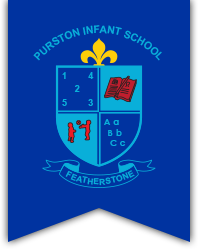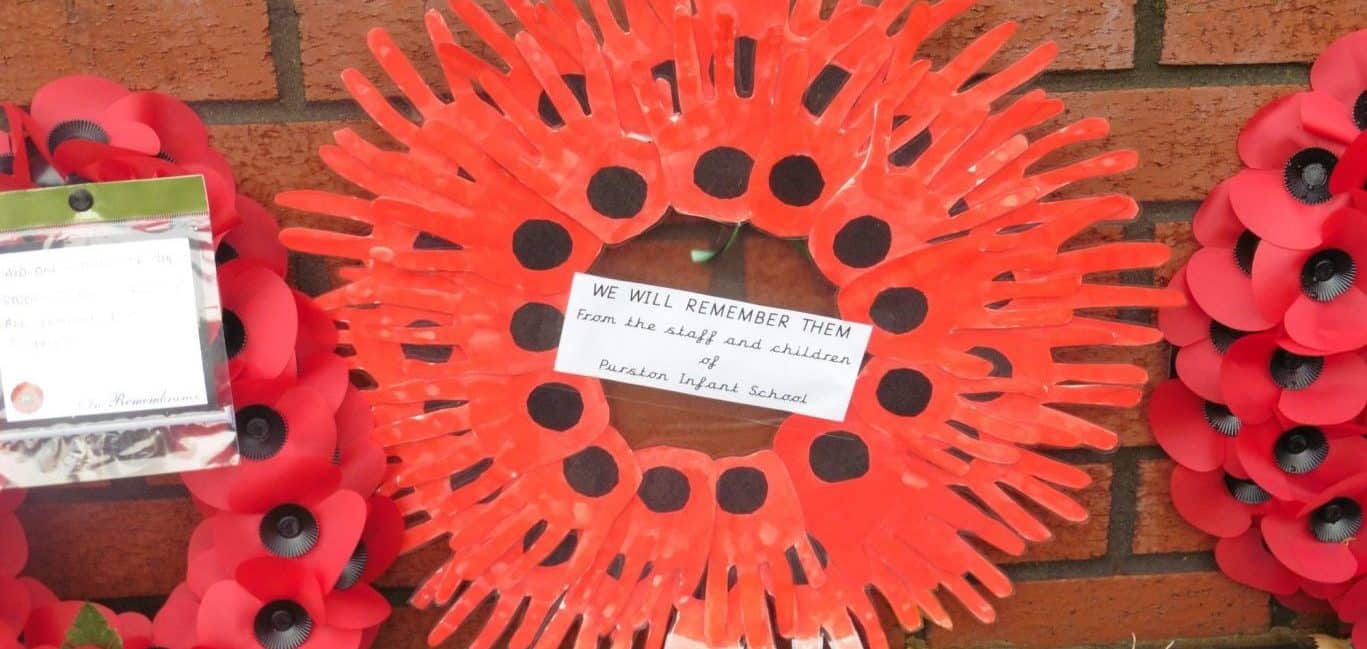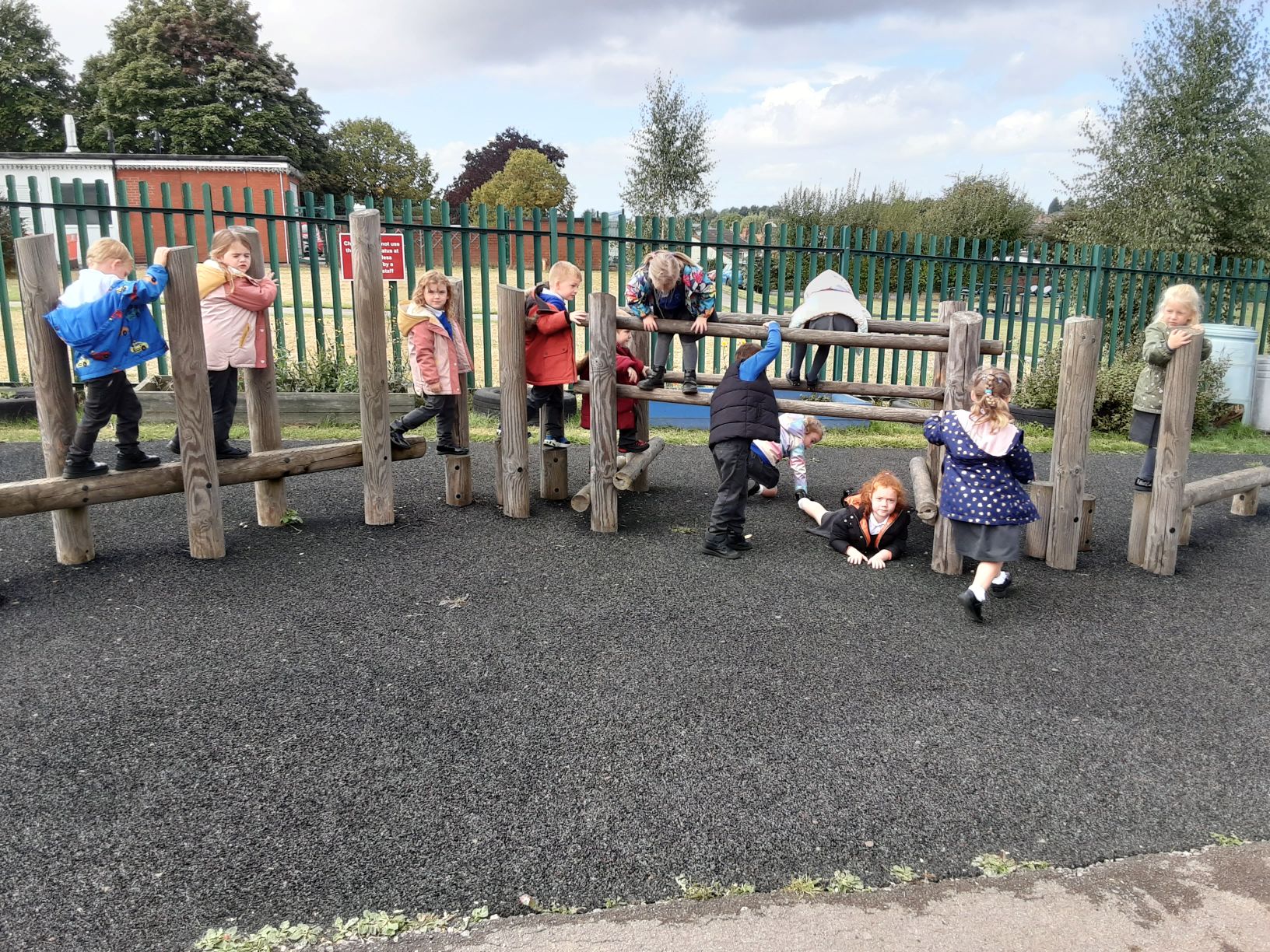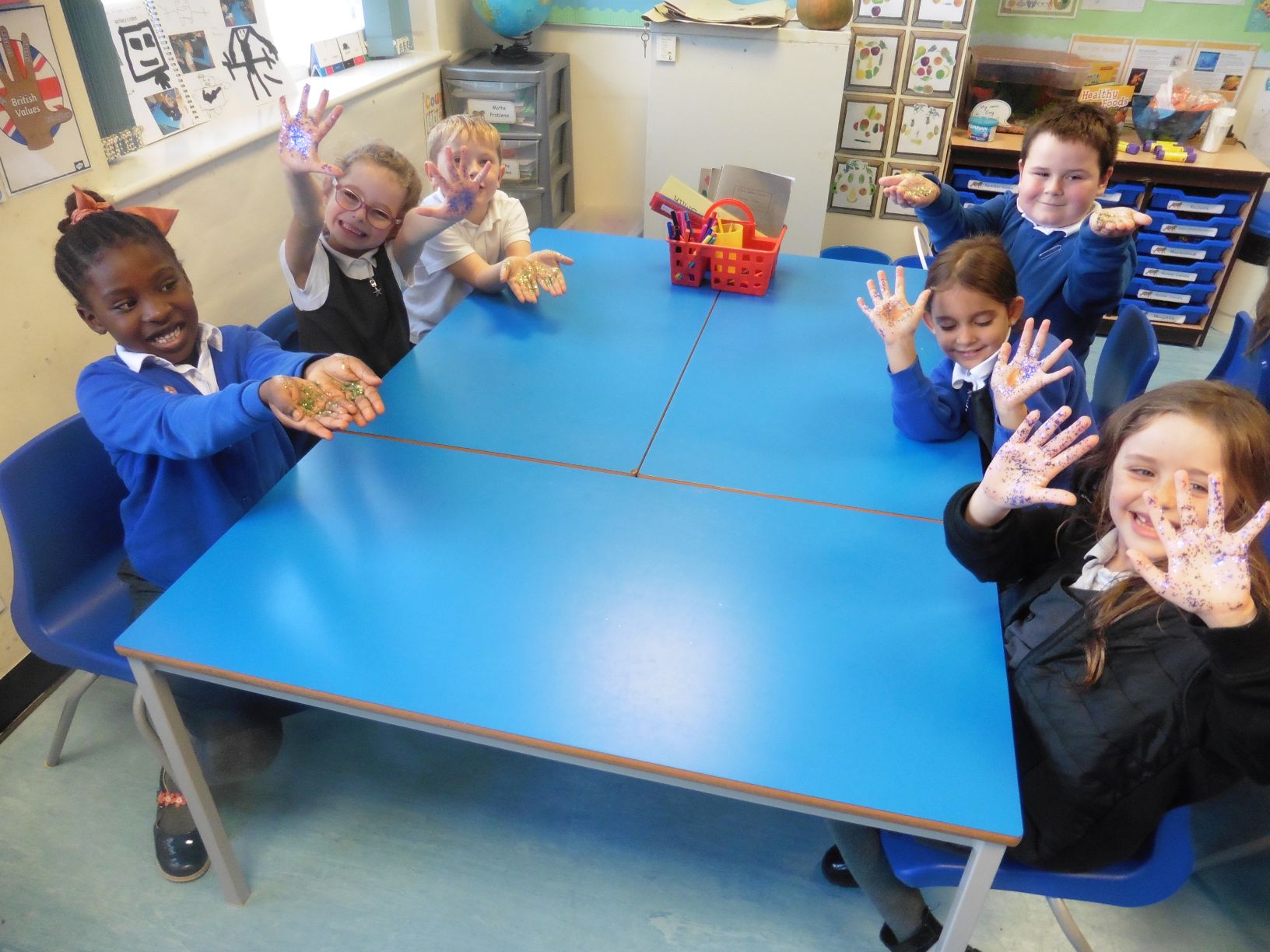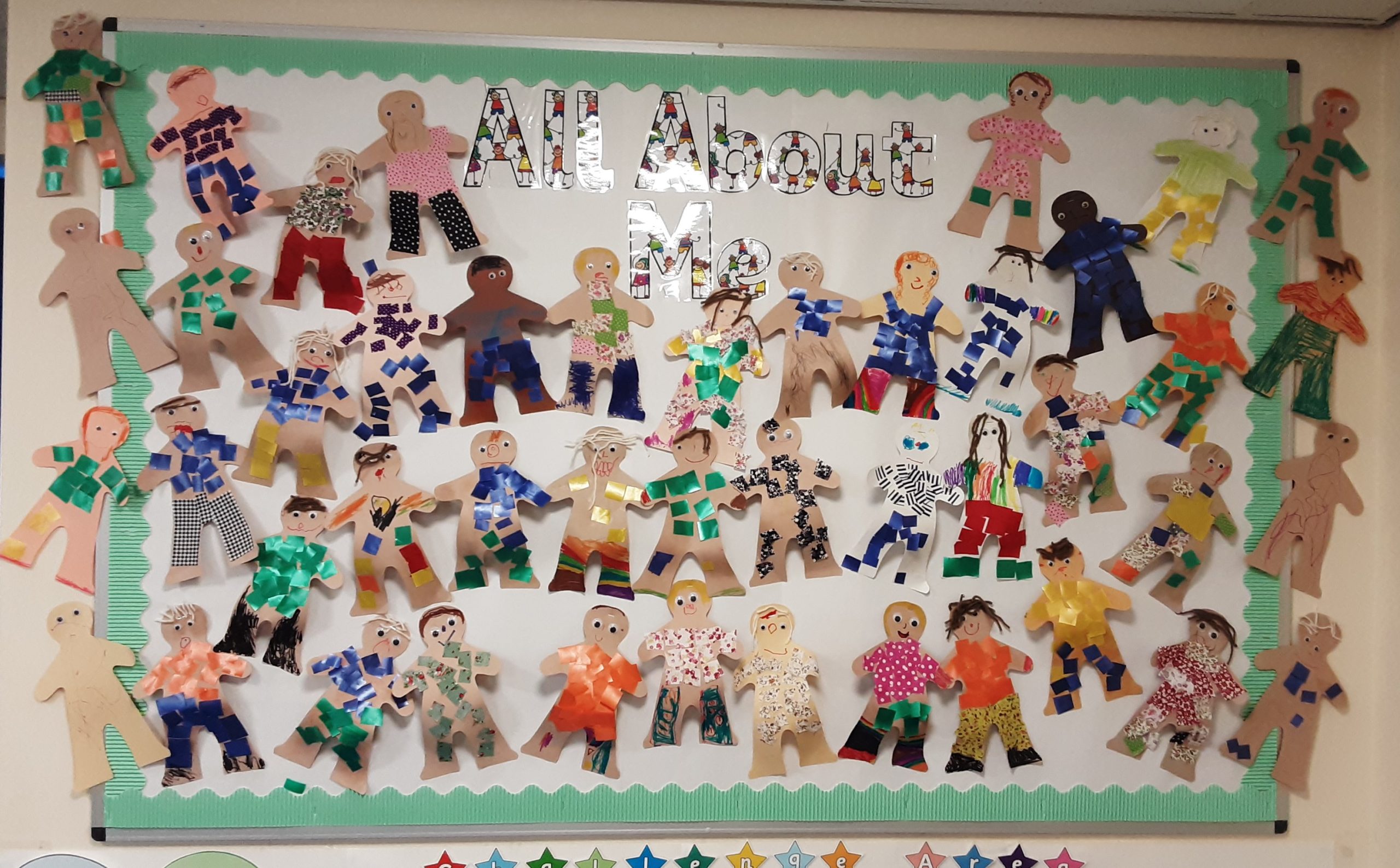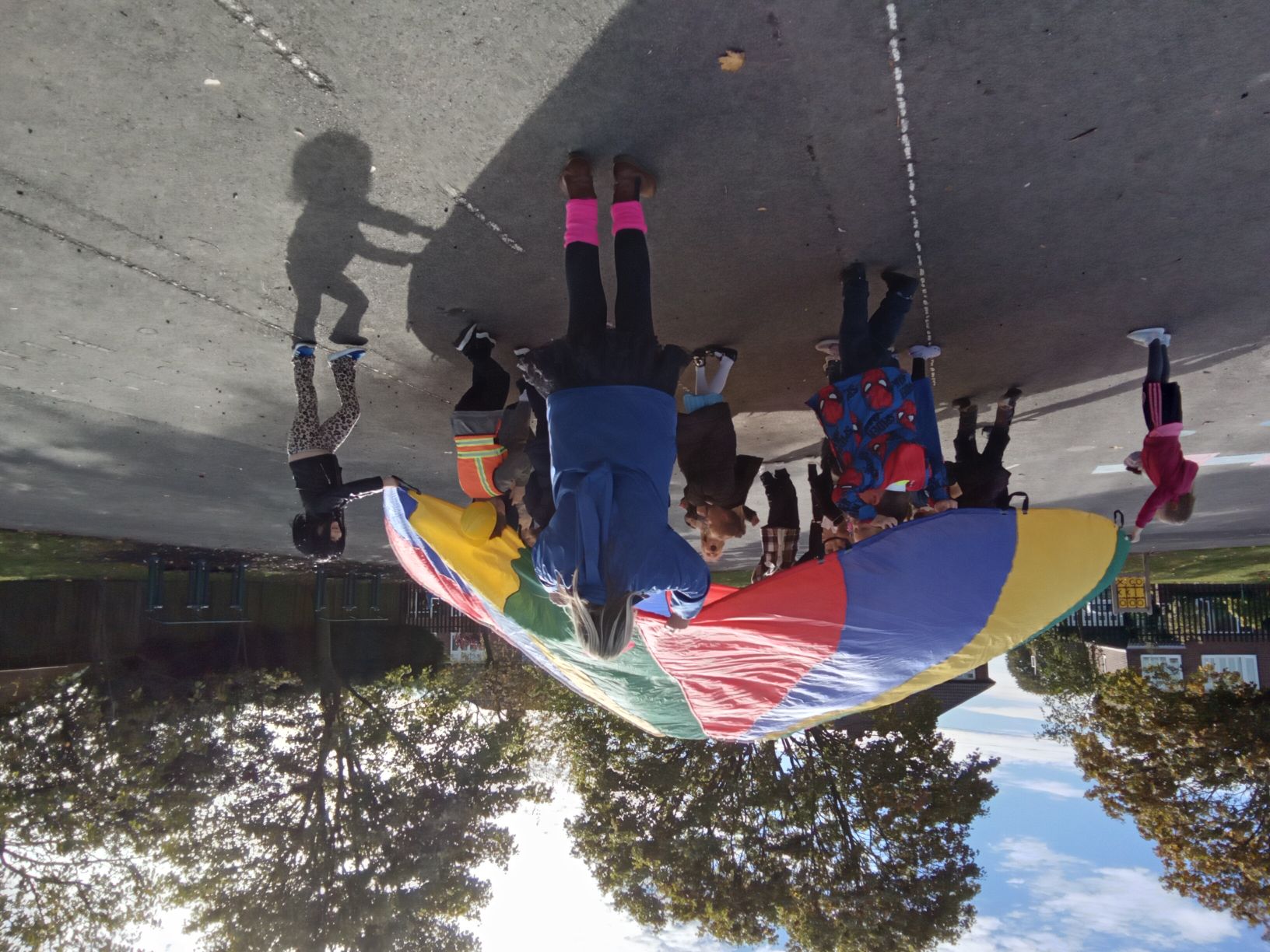At Purston Infant School we believe in the concept of lifelong learning and the idea that both adults and children learn new things every day. We maintain that learning should be a rewarding and enjoyable experience for everyone; it should be fun. Through our curriculum we equip children with the skills, knowledge and understanding necessary to be able to make informed choices about the important things in their lives. We believe that appropriate teaching and learning experiences help children to lead happy and rewarding lives.
We provide a broad and balanced curriculum in a rich and varied learning environment that allows children to develop their skills and abilities to their full potential.
Through our curriculum we aim to:
- enable children to become confident, resourceful, enquiring and independent learners;
- foster children’s self-esteem and help them build positive relationships with other people;
- develop children’s self-respect and encourage children to respect the ideas, attitudes, values and feelings of others;
- show respect for all cultures and, in so doing, to promote positive attitudes towards other people;
- enable children to understand their community and help them feel valued as part of this community;
- help children grow into reliable, independent and positive citizens.
We encourage children to take responsibility for their own learning and as far as possible review and reflect on how they learn, by exploring what helps them learn or what makes it difficult. We acknowledge that people learn in many different ways and recognise the need to develop strategies that allow all children to learn in ways that best suit them. We offer a curriculum with many learning opportunities so that children are able to make sense of the world around them and make connections between previous experiences and new learning. We believe that learning is an active process and you learn best when you are ‘doing.’ Our personalised curriculum offers learners opportunities to:
- research, investigation and problem solving;
- group work; pair work; independent work; whole-class work;
- asking and answering questions;
- use of ICT;
- visits and visitors into school;
- creative activities including designing and making things;
- debates, role-plays and oral presentations;
- topic based learning
- child initiated or themed weeks
- enrichment activities
- extra-curricular clubs
- outdoor learning
- participation in athletic or physical activity.
Subject Statements & Policies
- Art & Design
- Computing
- Design & Technology
- English
- Geography
- History
- Mathematics
- Music
- Physical Education (P.E.)
- Phonics & Reading
- Relationships, Sex & Health Education (RSHE) & Personal, Social, Health & Economic (PSHE)
- Religious Education (R.E.)
- Science
Click here to find our more about Early Years Foundation Stage and Key Stage One
